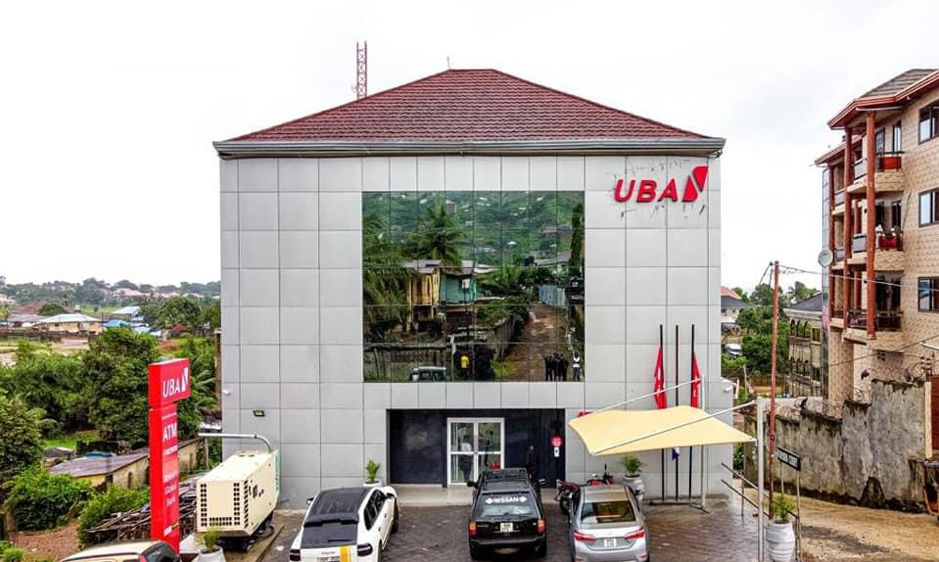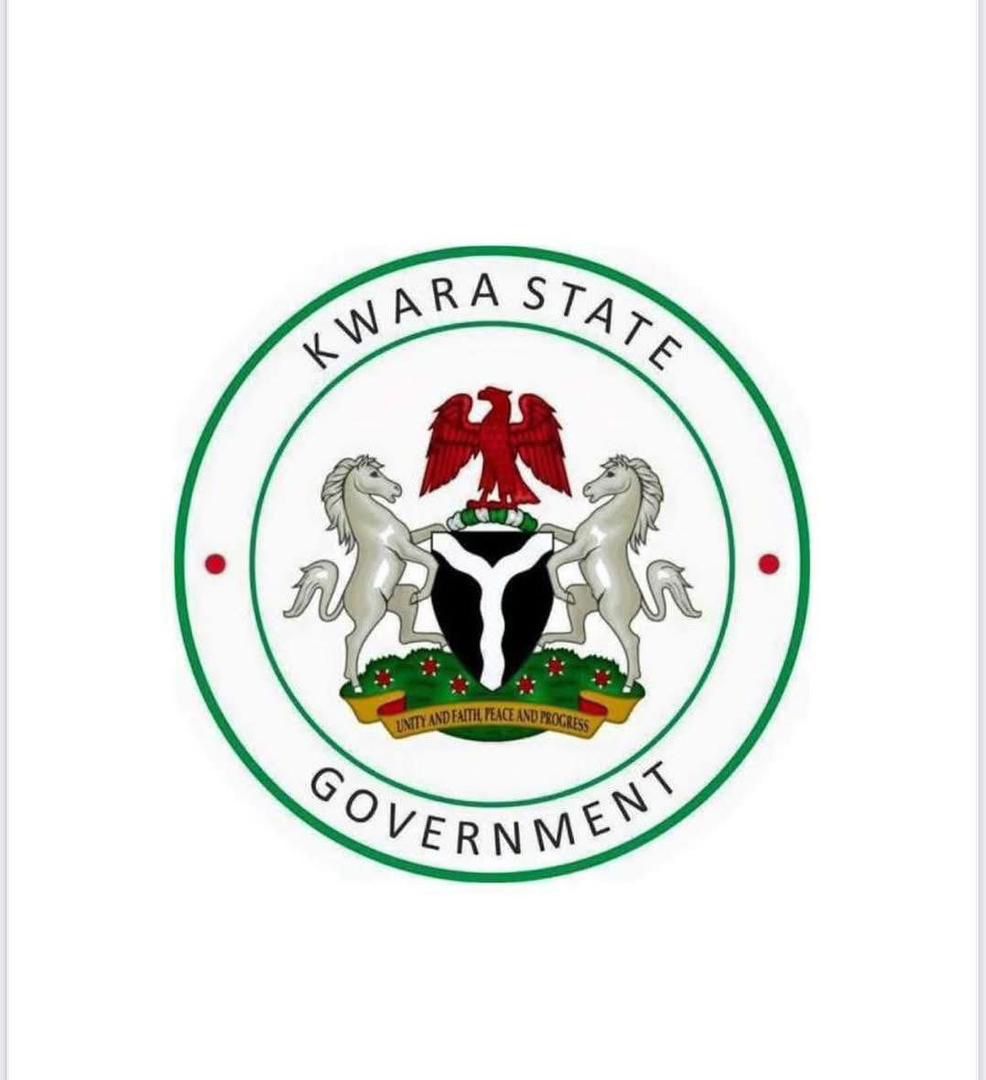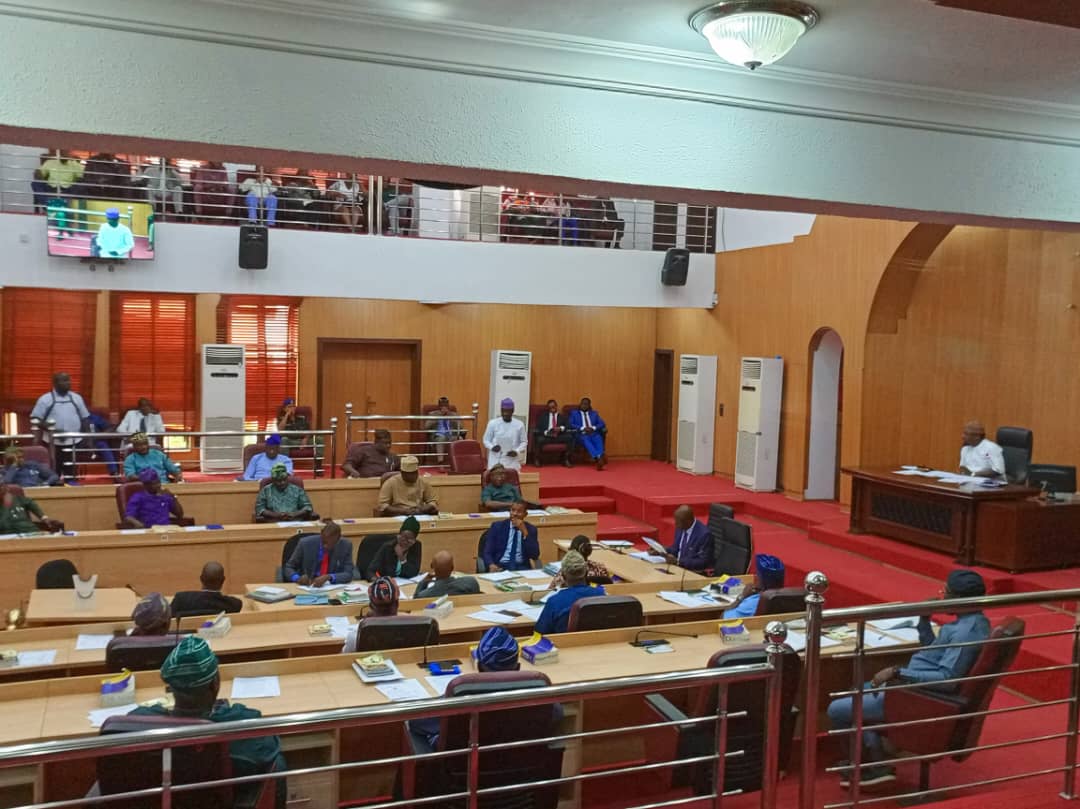
The price of Premium Motor Spirit (PMS) is expected to rise in the coming days due to an increase in the cost of importing petrol.
This surge in fuel imports coincides with the Dangote refinery’s suspension of petrol sales in naira, following the Federal Government’s decision to halt the naira-for-crude deal.
A meeting scheduled earlier this week between the Technical Sub-Committee on the Naira-for-Crude Policy, Dangote refinery, and government officials was postponed.
Sources close to the committee explained that the delay occurred because the Nigerian Upstream Petroleum Regulatory Commission had not yet provided the necessary options for the deal.
Data from the Major Energies Marketers Association of Nigeria (MEMAN) showed that the landing cost of imported petrol increased by N88 within a week. The new landing cost of petrol has risen from N797 per litre to N885 per litre, which is likely to affect pump prices.
The new landing cost now exceeds the N860 per litre that customers currently pay for Dangote petrol, raising concerns that petrol prices at filling stations could climb to N1,000 per litre once additional charges and margins are factored in.
This follows a period of price reductions initiated by the Dangote refinery, which had forced the Nigerian National Petroleum Company Limited (NNPCL) and other marketers to lower their prices.
The ongoing deadlock between Dangote refinery and NNPCL over the naira-for-crude deal, combined with rising import costs, has fueled fears of another price hike. Experts believe that Dangote’s ability to reduce prices was directly linked to the naira-for-crude arrangement.
Without this deal, the cost of imported petrol is likely to rise further, exacerbated by foreign exchange volatility.
In light of the suspension of naira-based fuel sales, some filling stations have started stockpiling petrol in anticipation of higher prices. Depot owners have also raised their prices, taking advantage of increased demand for petrol since the announcement.
The MEMAN association pointed out that resistance to deregulation is expected from those used to price controls, but emphasized that a fully deregulated market will ultimately benefit the economy by promoting efficiency and transparency.
As the Federal Government remains silent on the issue, stakeholders in the petroleum sector are increasingly concerned about the potential consequences of the unresolved naira-for-crude deal.
Punch
Advertisement







